Halal Clicks: Navigating Digital Marketing in the Islamic World

Author: Khalifa Saidi Khamisi
In today’s interconnected global marketplace, digital marketing has become an indispensable tool for businesses of all sizes. However, when it comes to reaching Muslim consumers, marketers face unique challenges and opportunities. The concept of “halal” – permissible or lawful in Islamic law – extends beyond food and beverages to encompass all aspects of life, including how products and services are marketed. This article explores how digital marketers can effectively navigate the Islamic world while respecting cultural sensitivities and religious values.
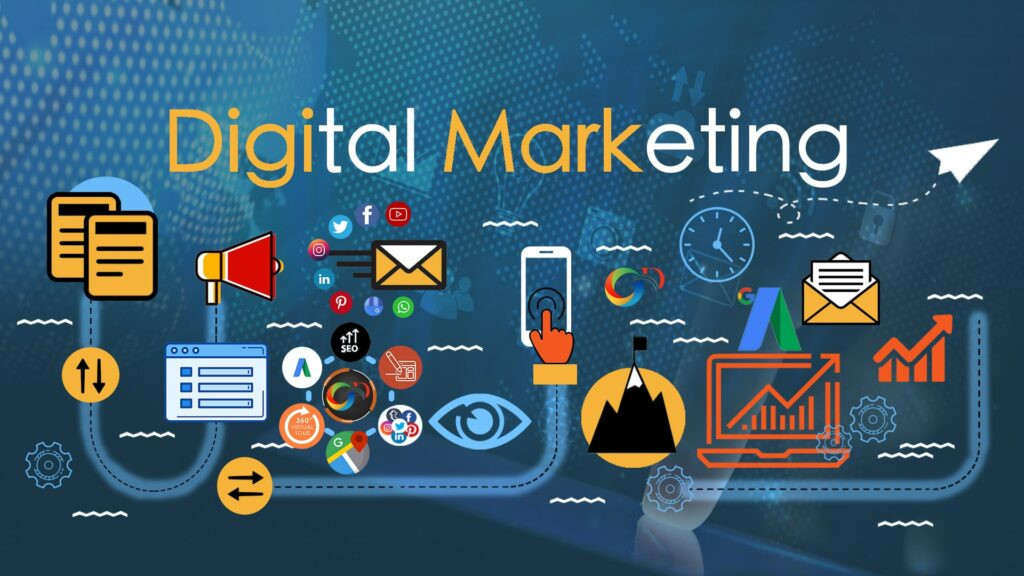
Understanding the Muslim Consumer
With a global population of over 1.8 billion, Muslims represent a significant market segment. This diverse group spans various cultures, languages, and geographical regions, united by their faith. To effectively market to Muslim consumers, it’s crucial to understand their values, preferences, and lifestyle choices influenced by Islamic principles.

Key considerations for digital marketing in the Islamic world include:
1. Modesty in Advertising: Visual content should respect Islamic values of modesty. This means avoiding overtly sexual imagery or content that may be considered provocative.
2. Halal Certification: For products, especially food and cosmetics, highlighting halal certification can be a powerful marketing tool.
3. Timing Considerations: Being aware of Islamic calendar events, such as Ramadan, Eid al-Fitr, and Eid al-Adha, can help in planning targeted campaigns.
4. Language and Localization: While Arabic is the language of the Quran, many Muslims speak other languages. Localization of content is key to reaching diverse Muslim communities.
Digital Marketing Strategies for the Islamic Market
1. Content Marketing:
Create valuable, informative content that aligns with Islamic values. This could include blog posts about halal living, Islamic finance tips, or guides to modest fashion. Ensure that your content is not only promotional but also adds value to your audience’s lives.

2. Social Media Marketing:
Platforms like Facebook, Instagram, and Twitter are widely used in Muslim-majority countries. However, be mindful of cultural norms when crafting your social media strategy. Use appropriate hashtags, create shareable content, and engage with your audience in a respectful manner.
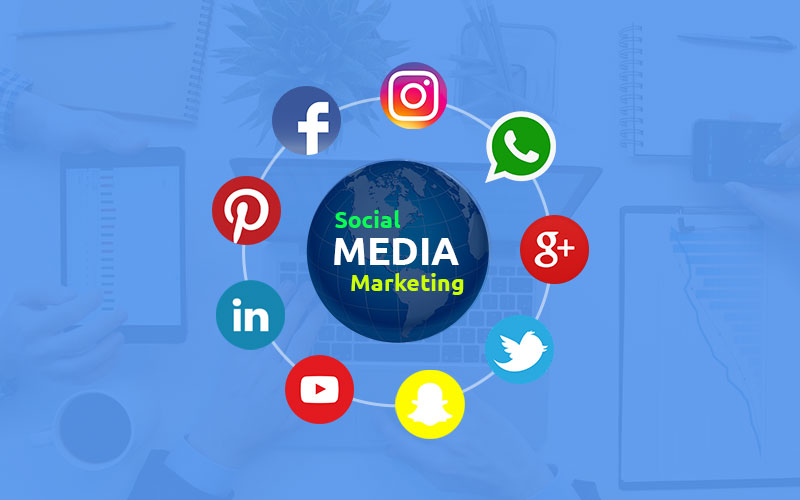
3. Influencer Marketing:
Collaborate with Muslim influencers who align with your brand values. These influencers can help bridge the gap between your brand and the Muslim consumer base, providing authenticity and credibility.
4. Email Marketing:
Tailor your email campaigns to respect Islamic customs. For example, during Ramadan, you might adjust your email schedule to account for fasting hours and focus on themes of charity and community.
5. Search Engine Optimization (SEO):
Optimize your content for Islamic-specific keywords. This might include terms related to halal products, Islamic finance, or modest fashion, depending on your industry.

Challenges and Ethical Considerations
While the Muslim market presents significant opportunities, it’s crucial to approach it with authenticity and respect. Avoid cultural appropriation or superficial attempts to appeal to Muslim consumers. Instead, strive for genuine understanding and engagement with the community.
Transparency is key. If your products or services are not fully halal, be clear about this. Muslim consumers appreciate honesty and are often willing to engage with brands that show respect for their values, even if not everything aligns perfectly.
![]()
The Future of Digital Marketing in the Islamic World
As technology continues to evolve, so too will the ways in which marketers can reach Muslim consumers. Emerging technologies like augmented reality (AR) and virtual reality (VR) could offer new ways to showcase products while respecting modesty requirements. AI-powered chatbots could be programmed to understand and respect Islamic customs when interacting with customers.
Conclusion
Navigating digital marketing in the Islamic world requires a nuanced understanding of religious and cultural values. By respecting these principles and creating authentic, valuable content, marketers can effectively engage with Muslim consumers. The key is to view Islamic values not as limitations, but as opportunities to innovate and create more inclusive marketing strategies. In doing so, brands can build lasting relationships with a significant and growing global market segment.
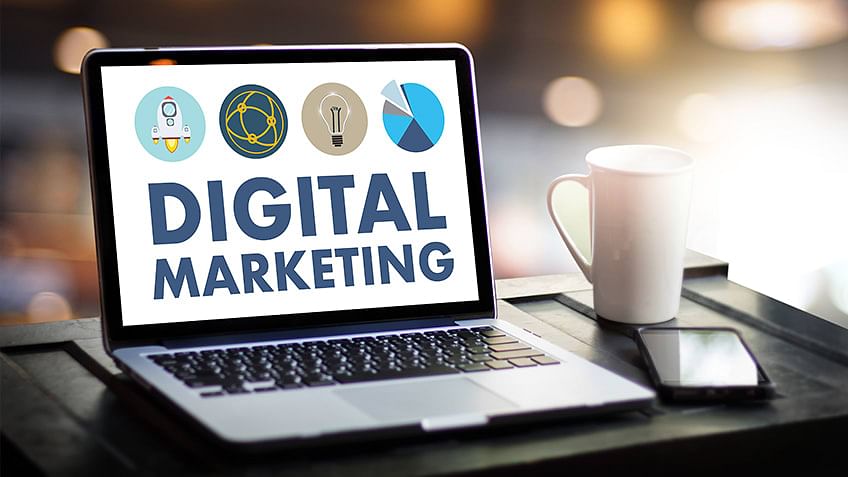
Remember, successful marketing in the Islamic world goes beyond just using Arabic script or featuring people in traditional dress. It’s about understanding and respecting the values that guide Muslim consumers’ decisions and lifestyle choices. By doing so, marketers can create campaigns that truly resonate with their target audience, leading to meaningful engagement and long-term brand loyalty.

Awqaf Africa is a prominent organization dedicated to empowering communities across the African continent. Established to foster sustainable development and social welfare, Awqaf Africa focuses on harnessing the potential of endowments (awqaf) to drive positive change. Through strategic initiatives, partnerships, and impactful projects, Awqaf Africa endeavors to address socio-economic challenges and promote prosperity within African societies.
- Choose your favourite cause
- Register to our website !
- Donate the amount you like
- Stay tuned about cause


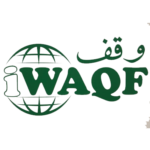
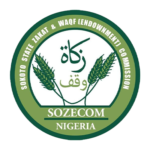

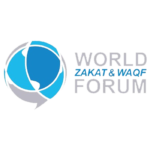
Leave a Reply